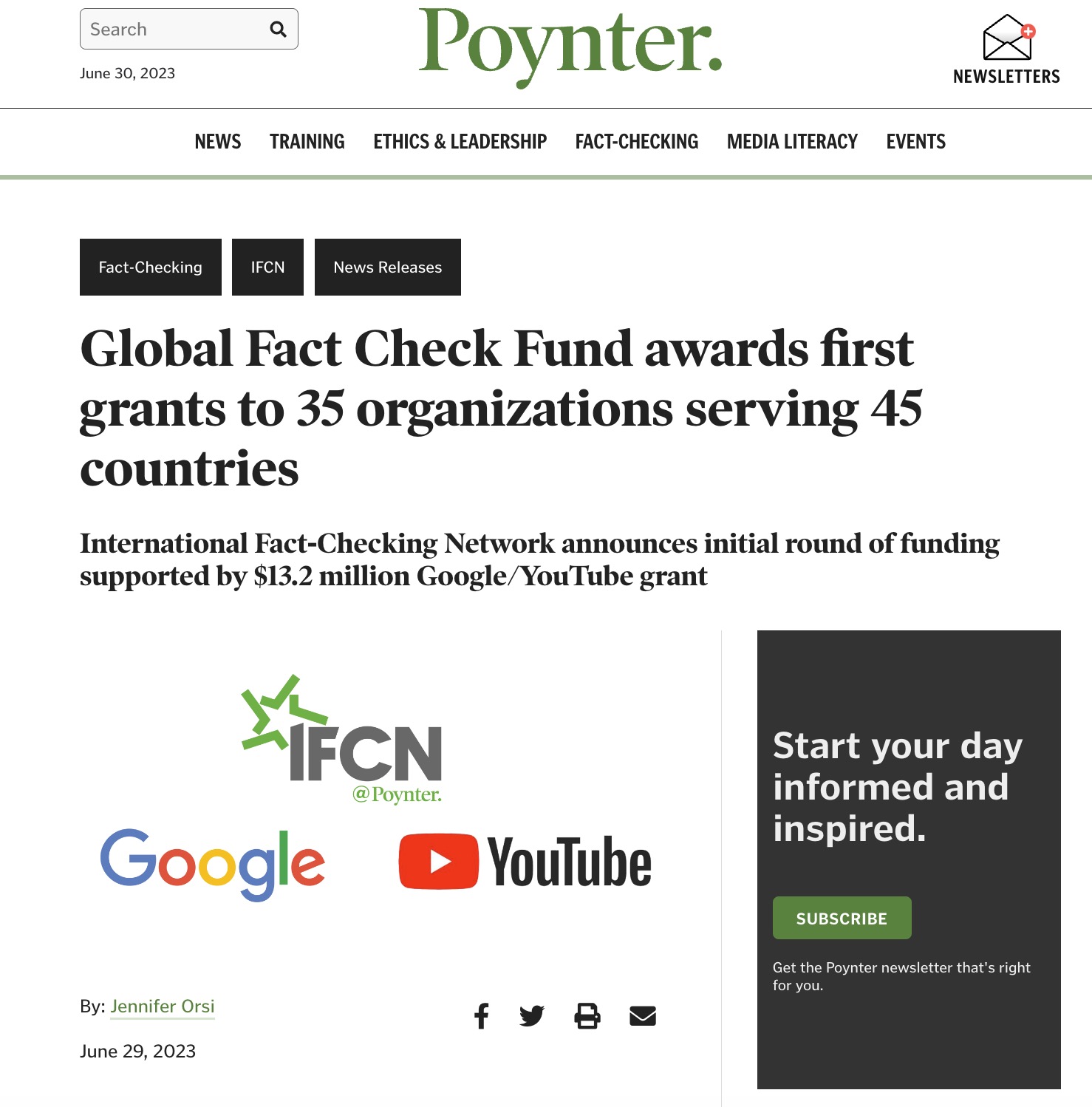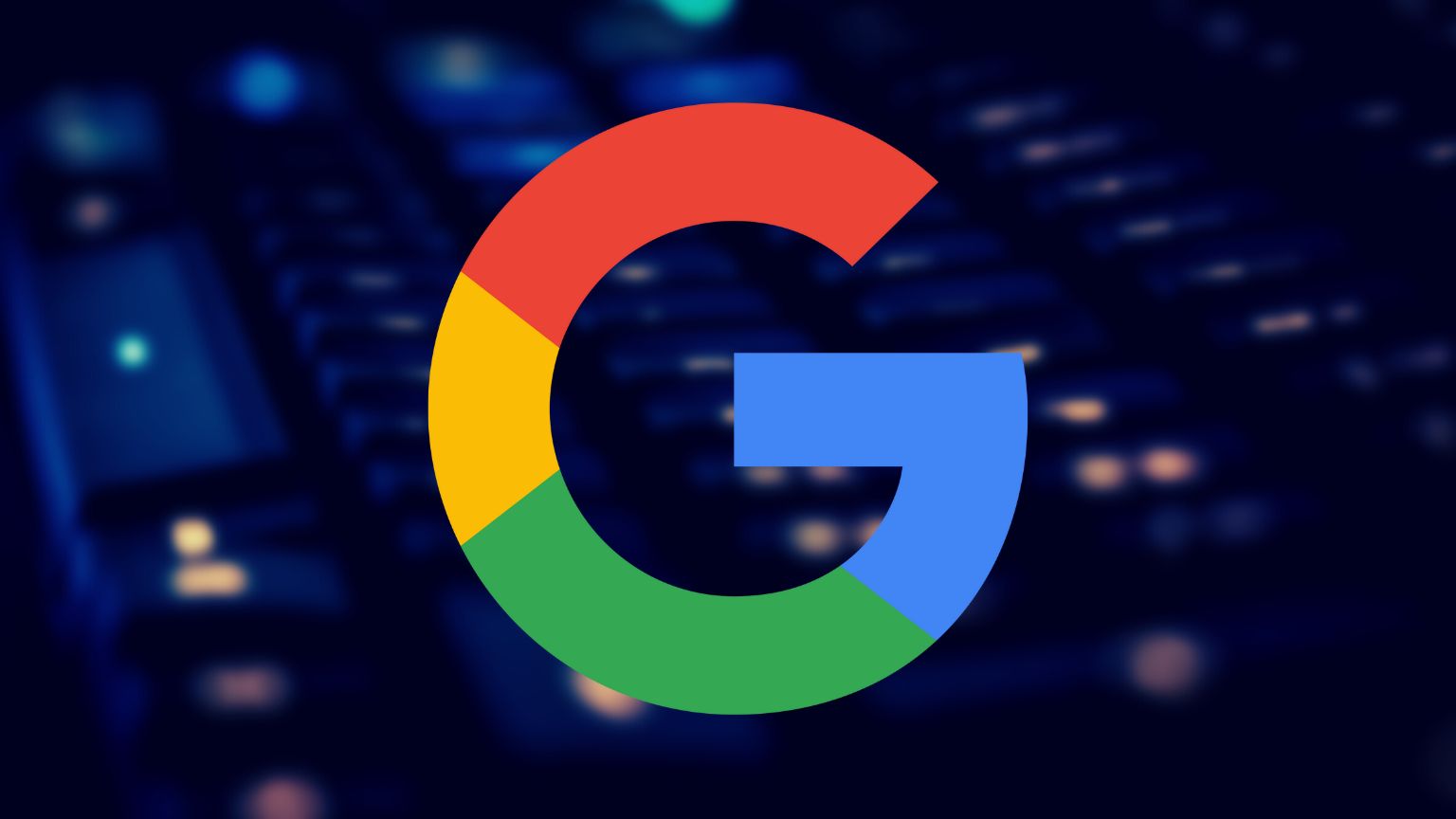In a world where censorship dons the cloak of fact-checking, the recent allocation of grants by the Global Fact Check Fund raises brows. The fund, which is a joint effort of the International Fact-Checking Network (IFCN) housed at the Poynter Institute and the technology behemoth Google, along with its subsidiary YouTube, has been touted as a guardian of truth. With $875,000 in grants divided among 35 organizations across 45 countries, it aims to arm them with modern websites, manpower, and training to identify misinformation. However, the initiative comes with its own set of problematic undertones.
The broad strokes painted by the fund’s mission statement include terms such as “increasing quality, volume, frequency, scale, and impact of fact-checking abilities” – a seemingly lofty aim. The IFCN’s director, Angie Drobnic Holan, frames it as a crusade against misinformation, stating, “Misinformation is on the march in many parts of the world. This important funding will enable fact-checking organizations to become better at their work, stronger in their capabilities and wider in their reach.”

Now, one must ask: who sets the agenda? The fund, sustained by a $13.2 million donation from Google and YouTube, poses a crucial question on the independence of these fact-checkers. “YouTube doesn’t endorse or create any of the fact checks that are shown in information panels on YouTube,” Google says. While YouTube claims to use independent fact-checkers for providing panels on content, the entanglement of its purse strings with the very fact-checkers raises concerns about this so-called impartiality.
Consider the various projects that these grants aim to support. For instance, in Kazakhstan, a group is focusing on disentangling the web of disinformation surrounding the conflict in Ukraine. A Polish organization takes the visual route with infographics and short videos as their fact-checking tools, while West African countries see an influx of fact-checkers in their region, curbing misinformation.
Over the span of three years, with eight distinct phases, the fund’s overarching aim is to inject professionalism in media-associated fact-checking. However, the question remains as to what extent these fact-checking organizations are truly free from external influence.
Besides, with information warfare being an ever-evolving landscape, the insistence on “fact-checking” can be an exercise in subjective interpretation. The risk of this initiative becoming a device for censorship, particularly in delicate geopolitical contexts such as the conflict in Ukraine, cannot be ignored. The singularity of an imposed “truth” could be a dangerous weapon, as has been found during the Covid pandemic.










